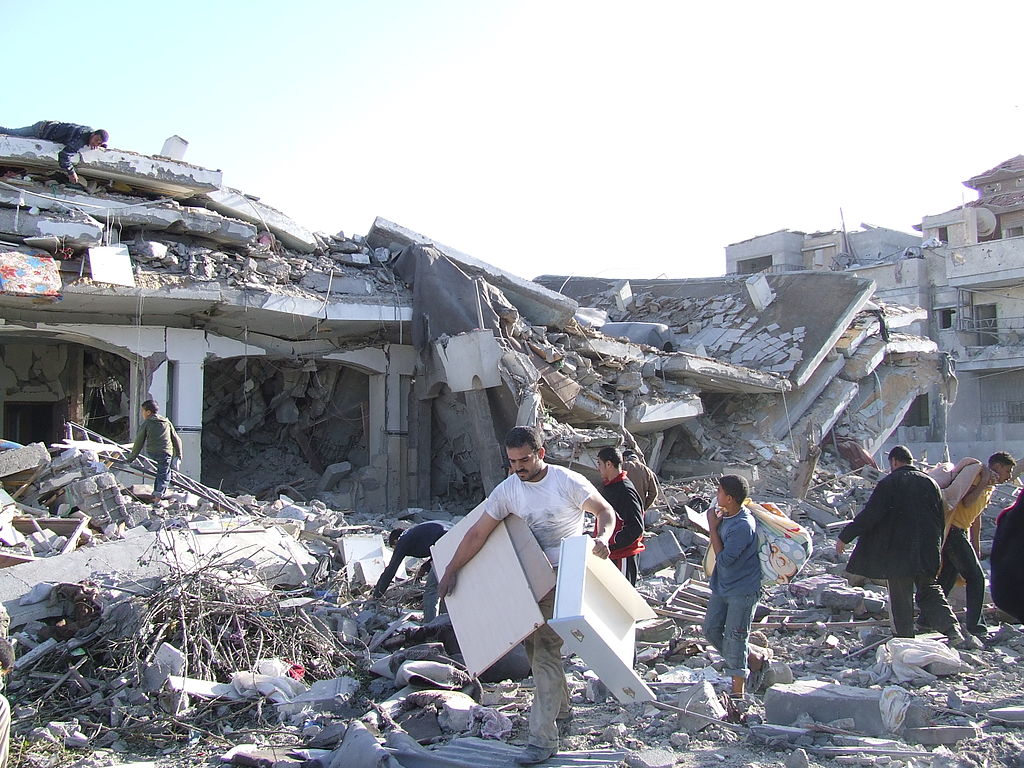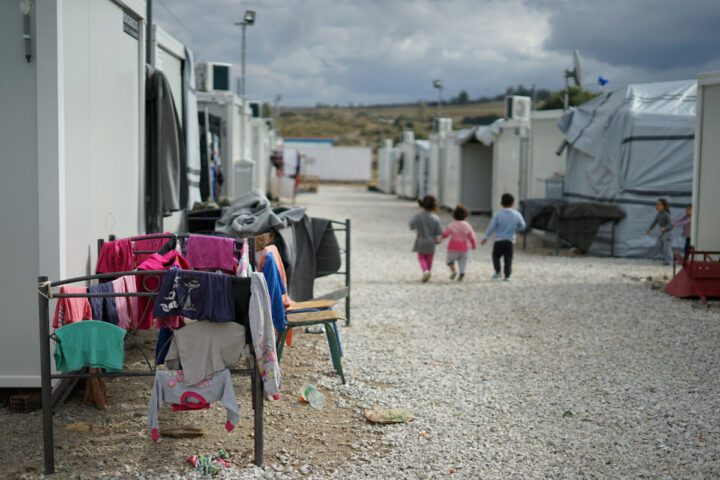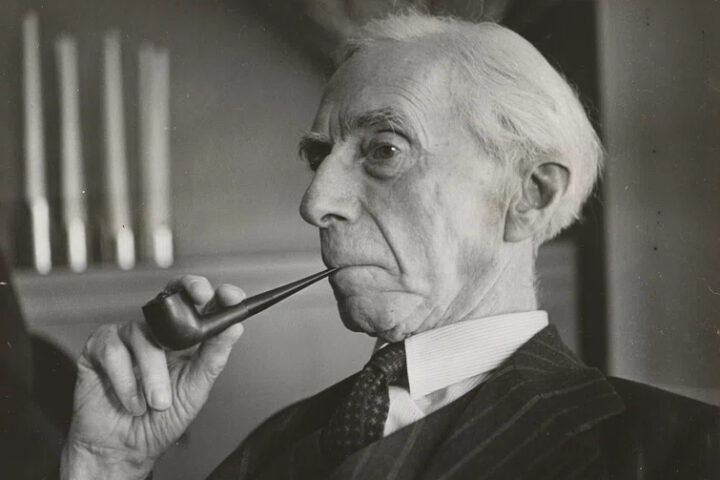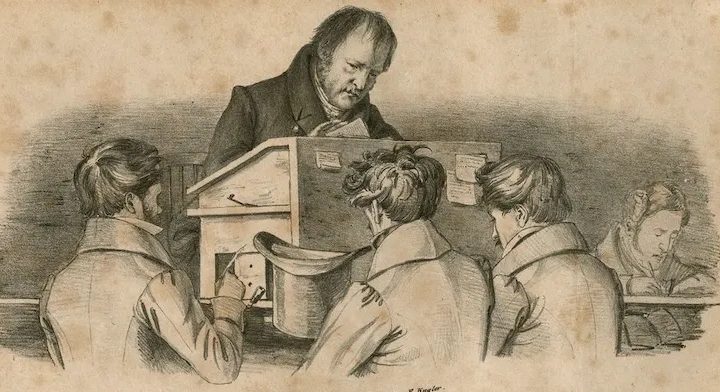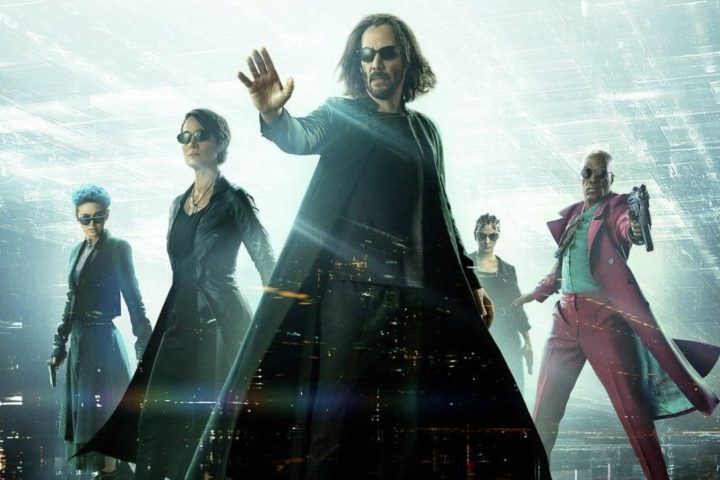
On the eighth day of the current intensification of hostilities between Israel and Hamas, I saw a tweet that said that there would be more uproar in the West if “2.2 million golden retrievers [were] being bombed to extinction in an inescapable cage” instead of Palestinian civilians in Gaza.
This tweet took me back to interviews I conducted with 96 young Palestinians and their teachers in the West Bank in the aftermath of the 2014 invasion of Gaza. We talked about issues that affected their daily lives, not least their awareness of human rights as well as how the rest of the world perceives the Palestinians’ struggle.
I wanted to find out about the different ways Palestinian youth in grades nine and ten (aged 13-15) across a range of public, private, and United Nations schools understood, talked about, and used human rights – especially when the ideals they learned about at school contrasted with their struggles for rights in their daily life. In my conversations with these young people, they opened up to me about a range of issues that they confront in their daily lives.
1. Dehumanisation of Palestinians
The young people I spoke with, who were from a range of different socioeconomic and religious backgrounds, often described how they felt dehumanised in the discourse on Israel-Palestine relations. This failure to see them as fellow humans with the same wants, needs, and – importantly – human rights as every one else, they felt, has come to be accepted globally.
But they also often used similar language to describe how they live under occupation. Hiba, a girl in grade nine studying at a private school, joked that: “It’s funny how animals have more rights than the humans in Palestine”. Then, more seriously, she added: “We’re not equal, we are different from other children in the world.”
The idea that the value of Palestinian life is ranked lower than the lives of others was another talking point. Anwar, a grade nine female refugee student at a school run by the UN, said that: “In Western countries if someone dies they make a massive issue of it. But if we Palestinians were killed whether it was 100 to 1,000, then it’s normal and OK. Palestinians are numbers.”
The rhetoric displayed by Israeli officials over the past fortnight shows this dehumanisation at work. Israeli defence minister Yoav Gallant in announcing the complete siege of Gaza asserted that: “We are fighting human animals.” His words were echoed by Israeli Major General Ghassan Alian who said to Palestinians in Gaza that “human animals must be treated as such”.
Scholars have shown in the past how this sort of dehumanising rhetoric often precedes acts of genocide.
2. Their parents’ and leaders’ generation
Many of the young people I spoke to were critical of how their elders – especially the leadership of the Palestinian Authority (PA) – appeared to have come to accept the occupation. Talking about the 2014 war in Gaza, Camilla, who was studying at a private school, told me: “Our government acts like they don’t care whether we are occupied or not … Israelis are killing kids and the government is not letting [sic] Israel pay for it.”
This week, Palestinians across the West Bank have joined protests against Israel’s bombardment of Gaza. But they have also been highly critical of the PA. In response PA security forces have cracked down on and fired live ammunition at demonstrators, killing young people like Razan Nasrallah, a 12-year-old girl from Jenin who was shot and killed in the West Bank city on October 17 while protesting at the attack on a Gaza hospital which killed hundreds of Palestinians.
Although some young people were also cynical about the prospect of seeing an end to the occupation in their lifetime, most were optimistic. Anwar, a grade nine pupil at a UN school told me that while “adults feel that it is over … as young people, we still have hope because we have a future”.
3. Israelis: even occupiers deserve human rights
Many of the young people I interviewed in 2015 were keen to make a distinction between most Jewish people living in Israel and those whose vision of a Zionist Jewish homeland involves the displacement of native Palestinians. As Jiries, a grade nine pupil at a private school told me:
Some people say that Jews are the one who are Zionist … but they’re wrong because there are a lot of Jews that support us … I just want to make sure that everyone who reads about “Jews” or “Zionists” can separate between the two.
The students were also keen to stress that not all of the Jewish community supports the state of Israel’s policy towards Palestine – and during the current conflict there are many Jewish groups around the world standing in solidarity with them.
The young people I interviewed lived in areas of the West Bank controlled by the Palestinian Authority (PA), which are officially off limits for Israelis. So, most of the young people’s encounters with Israelis would have been with settlers or soldiers either at checkpoints or during military raids. Young people held different views on their perceptions of the Israelis they’d encountered. Lina, a girl in grade nine at a UN school for refugee children stressed the difference between soldiers and citizens, meanwhile her classmate Nadiya, said:
In the Gaza war they didn’t differentiate between civilians and soldiers, Israelis target civilians and most of those who were killed were children, women and old people.
But when I asked this group of refugee girls if they thought an Israeli young person their age should enjoy the same human rights as them, they unanimously agreed.
4. Hope for the future
The occupied Palestinian territories have a young population: the median age in the West Bank and Gaza Strip is 19.6 years and in Gaza more than 40% of people are 14 or younger. Since October 7 2023, a Palestinian child has been killed about every 15 minutes.
For those who survive, military attacks can leave children with life-changing disabilities, without parental care, and can have long-term adverse impacts on their mental health. Other children may yet die because they can’t access food, water, or life-saving medical treatment because of the siege.
Despite being disproportionately affected by the violence, the views of young people are rarely consulted and their voices are largely missing in commentaries and decision-making processes that will affect their lives. Young people in society do not necessarily reproduce the views of adults around them. And often adults don’t listen when the young speak.
As Marwan, one of the young people I spoke to put it: “[adults] don’t understand that we are mature enough to understand our world”. Young people in Gaza and those in exile have addressed the international community calling for an immediate ceasefire.
The question is, who will listen and act upon these young people’s calls? They are the future of Palestine and their voices must be heard.
This article was originally published in The Conversation. Read the original.
